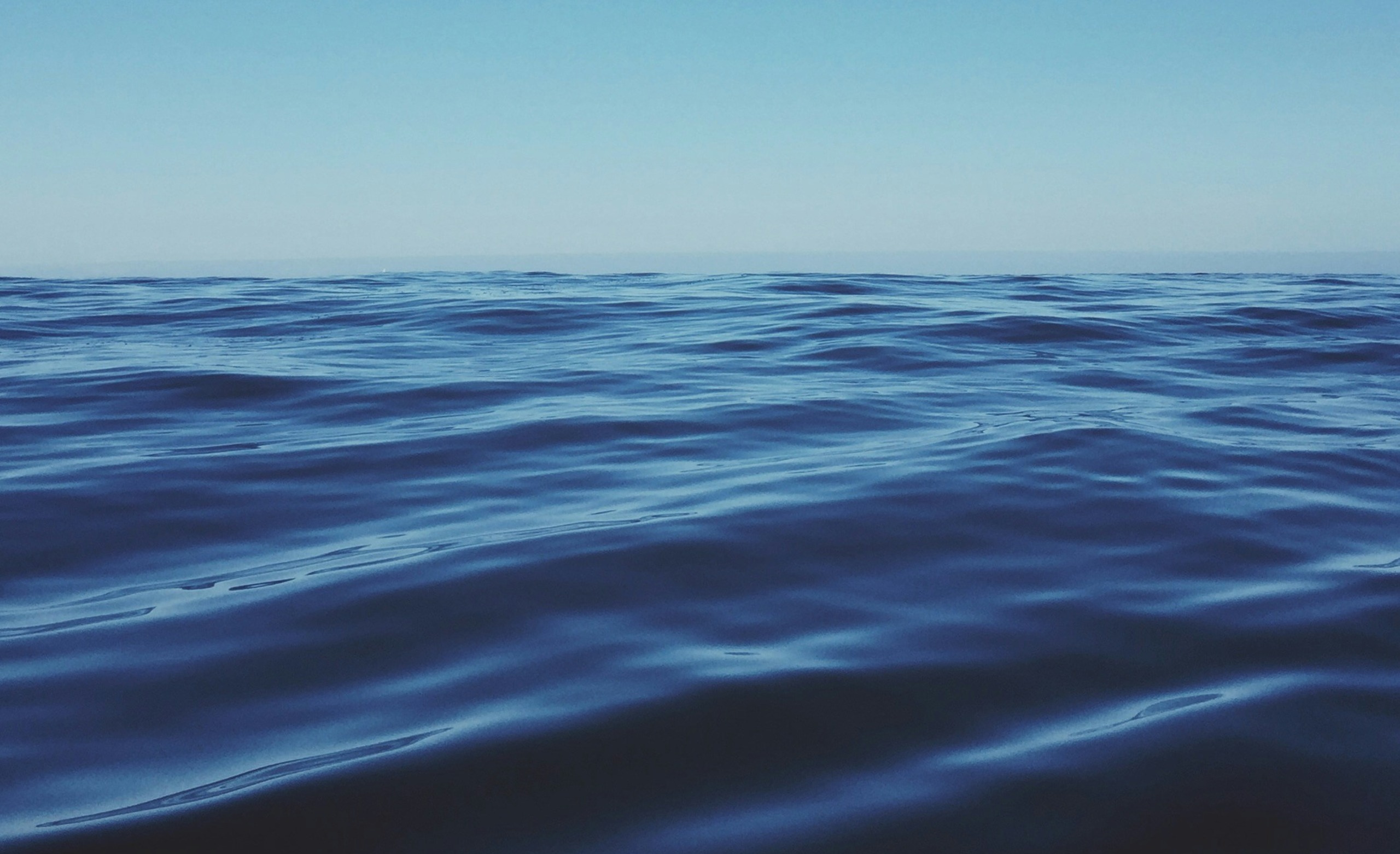
Survive Being Lost At Sea
Let’s dive into how to survive being lost at sea with preparation, skills, and resilience as our lifebuoys in this unpredictable oceanic journey. Imagine the vast expanse of shimmering blue waters stretching out endlessly around you, the only sound being the gentle lapping of waves against your boat.
Now, picture yourself suddenly realizing that you’re lost at sea with no land in sight. The thought alone is enough to send shivers down your spine. Being lost at sea is not just a plotline from a Hollywood blockbuster; it’s a real and terrifying possibility for anyone setting sail into the unknown.
Preparation & Planning before Setting Sail
When embarking on a sea journey, preparation and planning are key to ensuring a safe voyage. Start by checking the weather forecast and researching your route thoroughly. Make sure your vessel is in optimal condition, with all necessary safety equipment on board.
Stock up on essential supplies such as food, water, first aid kits, and communication devices. Inform someone reliable about your itinerary and expected return time. Familiarize yourself with navigation tools like maps, compasses, and GPS systems.
Ensure you have proper training in boating skills and emergency procedures. Consider taking a course in sea survival techniques to equip yourself for unforeseen circumstances. Stay informed about maritime regulations and guidelines specific to your intended sailing area.
By investing time in meticulous preparation before setting sail, you increase your chances of a successful voyage while minimizing risks associated with being lost at sea.
Staying Calm and Focused in a Crisis Situation
When you find yourself lost at sea, staying calm and focused is crucial for your survival. Panic can cloud your judgment and make it harder to think clearly in a crisis situation.
Take deep breaths and try to assess your surroundings. Look for any signs of land or other vessels that could help guide you to safety. Keeping a level head will allow you to make rational decisions and come up with a plan of action.
Focus on the immediate tasks at hand, such as securing any loose items on board or checking your supplies. By taking small steps towards stability, you can regain control over the situation and increase your chances of being rescued.
Remember that maintaining a positive mindset can help boost morale not just for yourself but also for others onboard. Encourage each other, share responsibilities, and work together towards finding a solution during this challenging time at sea.
Essential Survival Skills for Being Lost at Sea
When you find yourself lost at sea, having essential survival skills can make all the difference. First and foremost, knowing how to navigate by using the stars or other natural cues is crucial in determining your direction. Understanding basic first aid techniques can help treat injuries sustained during your time at sea.
Additionally, being able to start a fire without matches or a lighter is vital for warmth and signaling for rescue. Fishing and gathering edible plants from the ocean are valuable skills in sustaining yourself with food. Knowing how to collect rainwater or desalinate seawater for drinking can prevent dehydration.
Building a makeshift raft or shelter using available materials on your boat can provide protection from the elements. Learning basic knot tying and rope handling techniques will assist in securing items and creating makeshift tools while lost at sea.
Utilizing Available Resources & Finding Food & Water
When you find yourself lost at sea, one of the most crucial skills for survival is utilizing the available resources around you. Look out for floating debris or wreckage that could potentially provide shelter, materials to build a raft, or even signal for rescue.
Water is essential for survival, so it’s important to conserve any drinking water you have and explore alternative sources. Rainwater can be collected using makeshift containers like clothing or hollowed-out fruits. If no fresh water source is available, consider desalinating seawater through evaporation methods.
When it comes to finding food at sea, fishing can be a sustainable option if you have access to basic equipment like hooks and lines. Use your surroundings creatively – shellfish attached to floating debris could also serve as a potential food source.
Stay resourceful and adaptable in your approach to finding food and water while lost at sea – these basic skills can make a significant difference in your chances of survival.
Creating Shelter & Signaling for Rescue
When you find yourself lost at sea, creating shelter and signaling for rescue becomes crucial. Shelter provides protection from the elements, helping to maintain body temperature and conserve energy. Utilize any materials on your boat or floating debris to construct a makeshift shelter. Use tarps, sails, or even clothing to create a barrier against wind and sun.
Signaling for rescue is essential in increasing your chances of being spotted by passing ships or aircraft. Make use of reflective objects like mirrors or shiny metal surfaces to catch the attention of potential rescuers. Creating large S.O.S. signs on the deck using any contrasting materials available can also help attract attention from afar.
Remember that staying visible is key when trying to signal for help. Keep your signals clear and consistent so they can be easily identified from a distance. By focusing on building shelter and effectively signaling for rescue, you enhance your chances of being found swiftly during this challenging time at sea.
Coping Strategies during an Extended Time at Sea
Being lost at sea can take a toll on your mental health as you navigate the vast unknown. It’s crucial to find ways to stay positive and focused during an extended time adrift. One strategy is to establish a routine, even in the midst of uncertainty. Setting small daily goals can help maintain a sense of purpose and structure.
Engaging in activities like journaling or meditation can be beneficial for managing stress and anxiety while at sea. Taking moments to reflect and center yourself amidst the chaos can provide much-needed clarity. Additionally, staying connected with loved ones through written messages or imaginary conversations can offer a sense of comfort and connection.
Keeping a hopeful mindset is essential for enduring the challenges of being lost at sea. Reminding yourself that rescue is possible and maintaining optimism about your situation can greatly impact your mental well-being. Remember, taking care of your mental health is just as important as tending to your physical needs when facing adversity on the open waters.
Conclusion: The Importance of Preparation & Resilience in Surviving Being Lost at Sea
Surviving being lost at sea is a harrowing experience that requires not only physical resilience but also mental fortitude. By taking the time to prepare and plan before setting sail, you can significantly increase your chances of survival in case of an emergency. Staying calm and focused during a crisis situation is crucial for making rational decisions that could save your life.
Equipping yourself with essential survival skills, such as navigation techniques and basic first aid knowledge, can make all the difference when faced with the challenges of being adrift in open waters. Utilizing available resources wisely, including finding food and water sources, can help sustain you until rescue arrives.
Creating shelter from makeshift materials and signaling for rescue are key strategies to increase visibility to passing ships or aircraft. Additionally, maintaining good mental health through coping strategies like meditation or keeping a journal can help combat feelings of isolation or despair during an extended period at sea.
In essence, preparation and resilience are paramount in surviving being lost at sea. Remembering these key principles could mean the difference between life and death in a dire situation. Stay informed, stay alert, and above all – stay safe out on the open waters.



